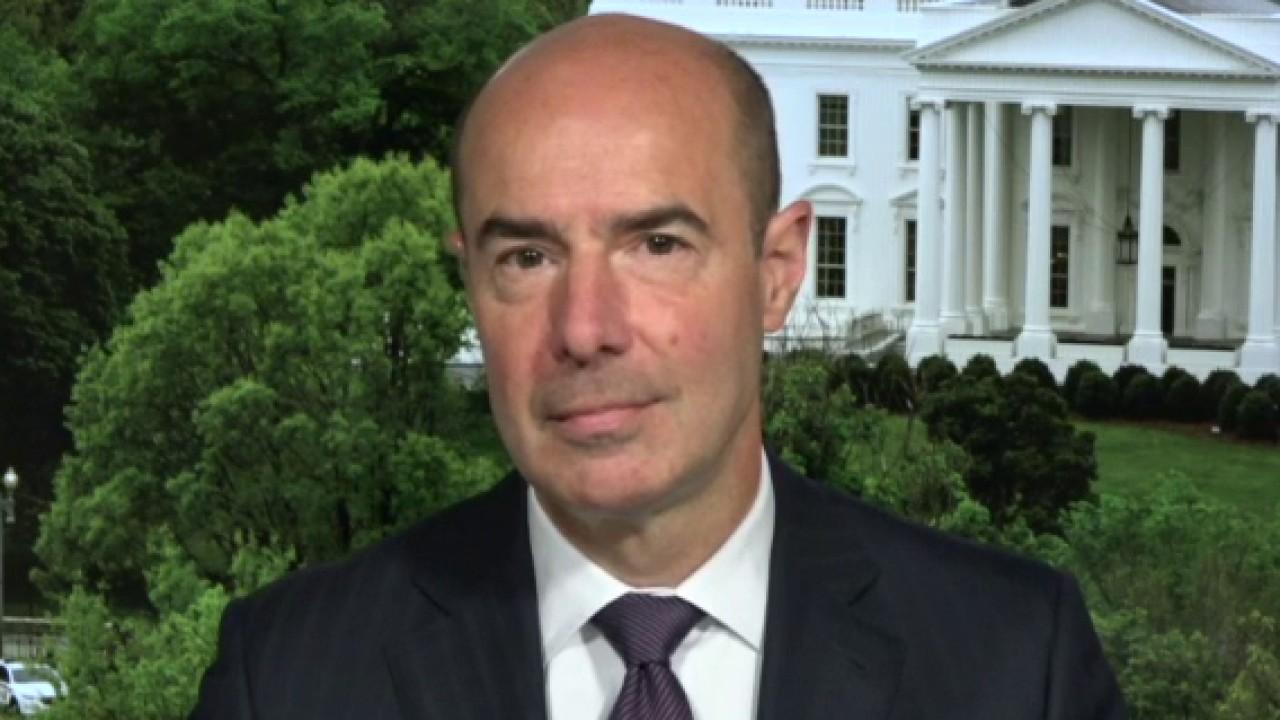1 Social Security myth that could cost you
Social Security benefits could be slashed by nearly 25% by 2034 -- or sooner
Millions of Americans rely on Social Security benefits to make ends meet in retirement, but many future retirees are concerned about the future of the program. In fact, 73% of workers are worried Social Security will not be available to them once they're ready to retire, according to a recent report from the Transamerica Center for Retirement Studies.
65% OF PRE-RETIREES WORRY THEY WON'T MANAGE TO PAY FOR THIS MAJOR EXPENSE
One of the most pervasive myths surrounding Social Security is that the program is on the verge of collapse. However, falling for this myth could potentially be a costly mistake.
Social Security: How secure is it?
The truth is that although Social Security is facing a cash shortage, the problem isn't as severe as some people may think.
Social Security benefits are funded primarily through payroll taxes. However, older Americans are retiring in droves, and retirees are living longer and longer. As a result, the Social Security Administration (SSA) is having to pay out more money in benefits than it's collecting in payroll taxes. To cover the deficit, the SSA has been tapping its trust funds to ensure it can continue paying out full benefits without raising taxes.
Those trust funds are running out of money quickly, though, and the Board of Trustees overseeing the funds estimates they'll be depleted by 2035. Once those trust funds run dry, payroll taxes will be the main source of funding for Social Security benefits -- and those taxes are only expected to be enough to cover around 76% of future benefits, according to the SSA.
HOW TO GET A PERSONAL LOAN WITH GOOD CREDIT
COVID-19 could also affect the future of Social Security. With millions of Americans out of work, there are a lot of workers no longer paying payroll taxes. That means the SSA will need to pull more from its trust funds to cover benefits, and those funds could run dry even sooner than expected. President Trump is also proposing payroll tax cuts, which could further exacerbate the problem because with less money coming in from payroll taxes, there's less money to pay out in benefits. This proposal is unlikely to pass in the House, however, so payroll tax cuts may never come to fruition.
The bad news is that if nothing is done to correct this problem, benefits could be slashed by nearly 25% by 2034 -- or sooner. The good news, though, is that as long as there's some money being paid in payroll taxes, there will always be cash that can be paid out as benefits.
How this Social Security myth could hurt your finances
If you're concerned that Social Security benefits may soon be a thing of the past, it can be tempting to start claiming them as soon as possible to get them before they're gone. However, claiming early could potentially be a costly mistake.
When you claim benefits before you reach your full retirement age (FRA) -- which is either age 66, 66 and a few months, or 67, depending on the year you were born -- your monthly checks will be permanently reduced by up to 30%. Then if benefits are later reduced as a result of the SSA's cash shortage, you'll be receiving even less money per month.
Say, for example, you are entitled to receive $1,500 per month by claiming at your FRA of 67 years old. If you claim at age 62, your benefits will be reduced by 30%, leaving you with $1,050 per month. Then, if benefits are reduced by another 25% when the trust funds run dry, you'll be left with just $788 per month. If you have a healthy retirement fund and don't necessarily need Social Security benefits to get by, this may not be a problem. But if you're depending on your monthly checks to make ends meet, claiming early could potentially be harmful.
CORONAVIRUS PUTS FULL SOCIAL SECURITY BENEFITS AT RISK YEARS EARLIER THAN EXPECTED, RESEARCHERS SAY
One way to make the most of this situation is to consider waiting to claim benefits. If you have a FRA of 67 and wait until age 70 to file for benefits, you'll receive your full benefit amount plus an additional 24% each month. Then if benefits are reduced down the road, the extra cash you're receiving by delaying benefits can help protect you against cuts.
Social Security may have its fair share of problems, but the program isn't falling apart like some people may believe. Although you might not receive as much as you expect in benefits once you retire, by going into retirement with a strategy behind what age you begin claiming, you can make the most of your monthly checks.
CLICK HERE TO READ MORE ON FOX BUSINESS




















